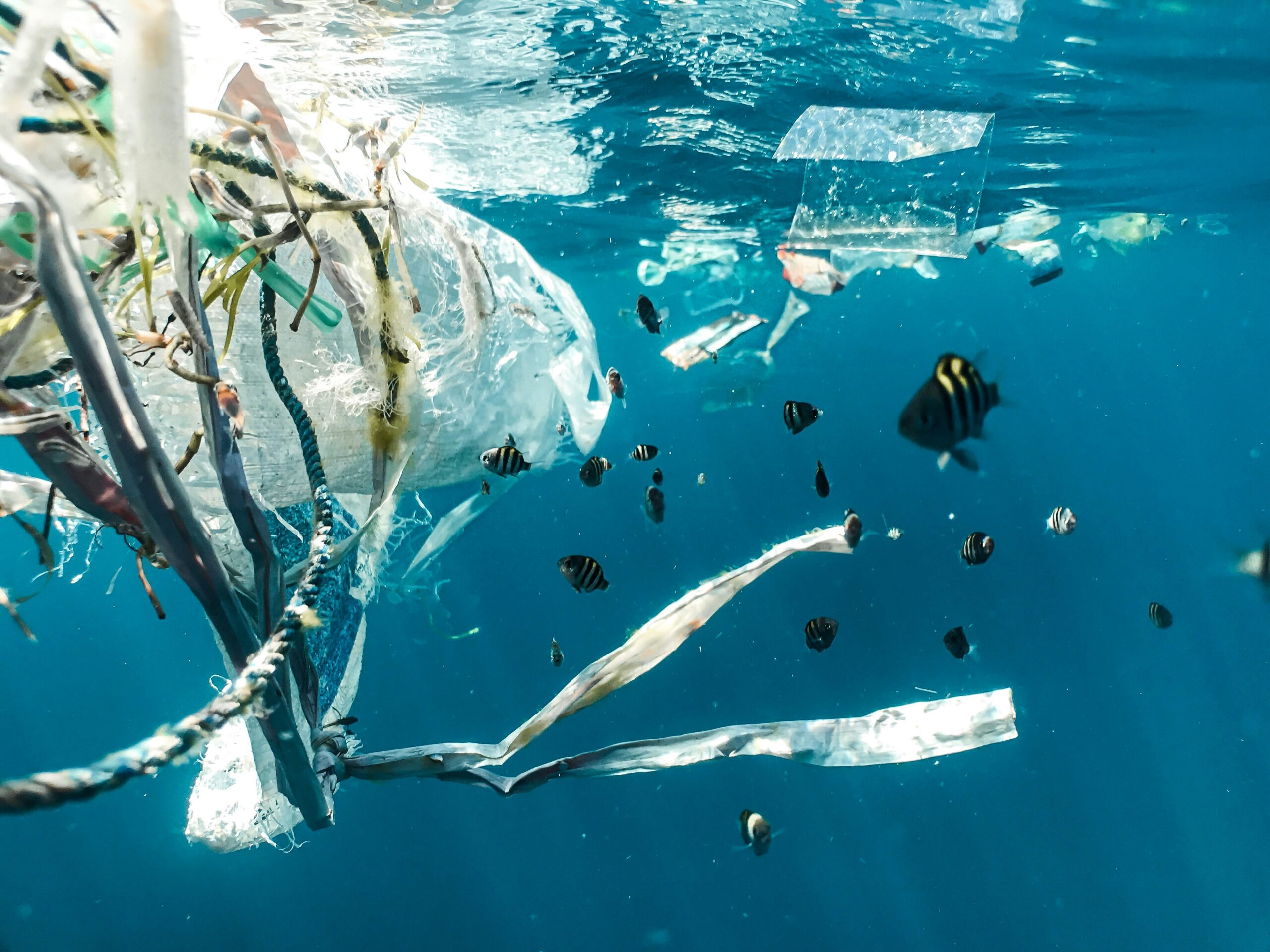Sustainable Solutions to Address Water Problem in the Philippines
The water problem is quite ironic because the Philippines is a tropical country. It is also home to mountain ranges and hills that should store water for the growing population.

Photo by Kerem Karaarslan on Unsplash
The Philippines, like many other countries, faces significant challenges when it comes to water management. With a growing population and increasing demand for water, it is crucial to find sustainable solutions to address the water problem.
Although it is quite ironic because the Philippines is a tropical country. It is also home to mountain ranges and hills that should store water for the growing population.
Experts offer some approaches that can help solve the water problem in the Philippines.
Investing in Infrastructure
One of the key approaches to solving the water problem is investing in infrastructure. This includes improving water supply systems, building reservoirs, and upgrading treatment plants.
Enhancing the infrastructure, the Philippines can ensure a more reliable and efficient water supply for its citizens.
Investing also in infrastructure can help reduce water loss through leakage and improve water quality.
Promoting Water Conservation
Another important approach is promoting water conservation. Encouraging individuals, communities, and industries to use water wisely can help reduce water demand and alleviate the pressure on existing water resources.
It can be achieved through public awareness campaigns, educational programs, and implementing water-saving technologies. Simple measures such as fixing leaky faucets, using water-efficient appliances, and practicing responsible irrigation can make a significant difference in conserving water.
Implementing Rainwater Harvesting
Rainwater harvesting is a sustainable approach that can help address the water problem in the Philippines.
Collected rainwater can be used for various purposes such as irrigation, toilet flushing, and even drinking water with proper treatment.
Implementing rainwater harvesting systems at the household and community level can reduce the reliance on traditional water sources and provide a decentralized water supply solution.
Improving Water Governance
Effective water governance is crucial for sustainable water management. This involves establishing clear policies, regulations, and institutions to oversee water allocation, usage, and conservation.
Strengthening water governance can help ensure equitable access to water resources, prevent overexploitation, and promote sustainable water practices.
Collaboration between government agencies, local communities, and stakeholders is essential to develop and implement effective water governance strategies.
Investing in Wastewater Treatment
Proper wastewater treatment is essential for protecting water resources and public health. Inadequate treatment of wastewater can lead to pollution of rivers, lakes, and groundwater sources.
To invest in wastewater treatment plants and infrastructure can help minimize pollution and ensure the safe discharge of treated wastewater.
And promoting the use of decentralized wastewater treatment systems can be a cost-effective solution for communities with limited access to centralized treatment facilities.
Solving the water problem in the Philippines requires a multi-faceted approach that involves investing in infrastructure, promoting water conservation, implementing rainwater harvesting, improving water governance, and investing in wastewater treatment.
The Philippines can work towards sustainable water management, ensuring reliable access to clean water for its citizens and preserving its precious water resources for future generations by adopting these approaches.








